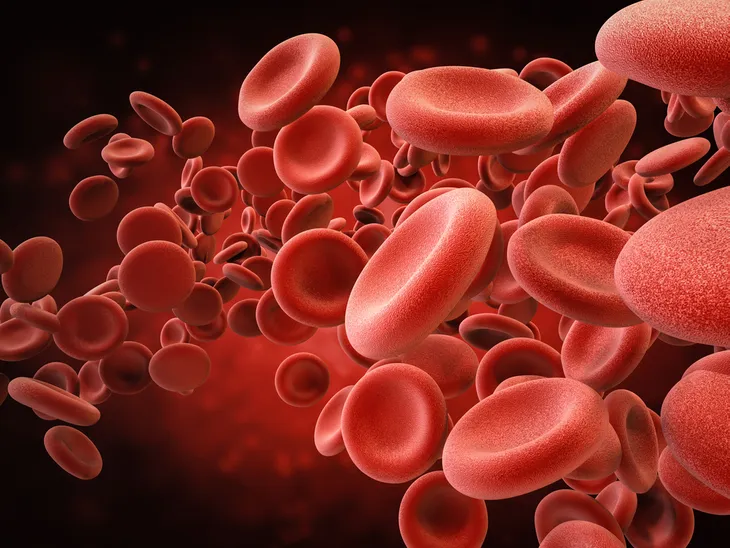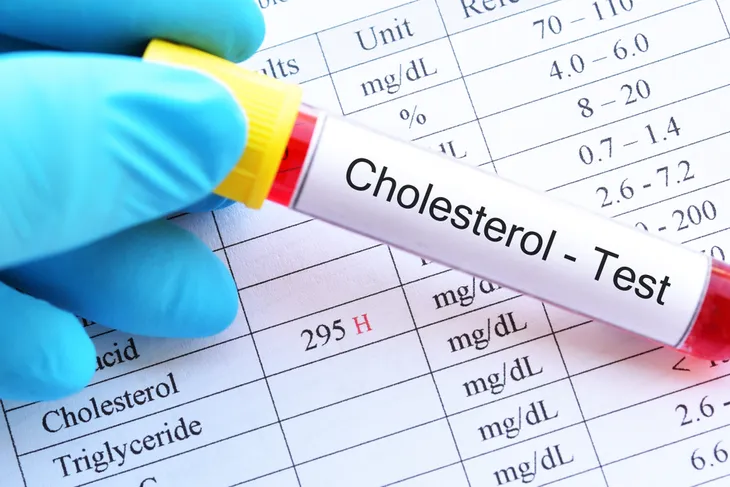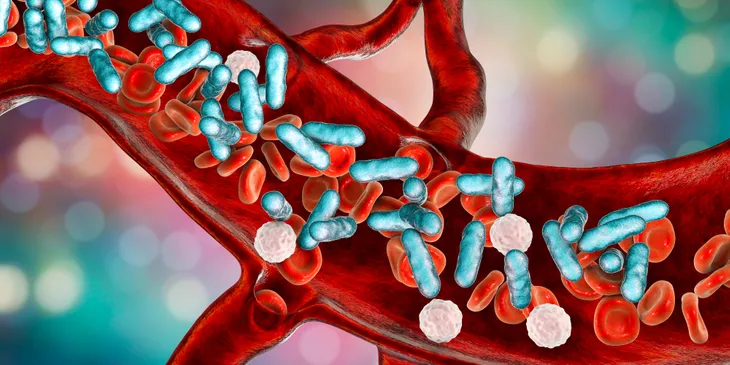Medical professionals administer a wide variety of blood tests to diagnose numerous health concerns—from general issues like anemia and electrolyte deficiency to serious health issues like kidney disease and diabetes.
Here are the ten most common blood tests and their uses…
1. FBC
A full blood count (or FBC), sometimes called a complete blood count (CBC) test is taken for most general health screenings—such as anemia, internal bleeding, poor diet, low white blood cells (which could indicate viral infections or bone marrow issues), high white blood cells (could indicate leukemia), autoimmune conditions, or inflammation. It’s taken via a small sample of blood from a vein, typically in the arm.
2. Blood Glucose
Commonly referred to as a blood sugar test, this sample is taken to diagnose and monitor diabetes patients, or more specifically, high levels of glucose, which can lead to kidney disease or nerve damage. It’s taken via a tiny “pin prick” in the finger and can be done by the patient at home or in your doctor’s office.
3. Electrolyte Blood Test
This test measures the concentration of electrolytes in your bloodstream. This includes electrolytes such as calcium, sodium, potassium, and chloride. These minerals are important in regulating your heart rhythm, kidneys, muscle contraction, and brain function. If they are too high or too low your doctor will suggest replacements or medications to remedy the imbalance.
4. Gene test
This test is used to find gene mutations in cases of suspected hemophilia, polycystic kidney disease, cystic fibrosis, sickle cell anemia, and other gene mutation issues. It’s taken via a small sample of blood to examine the DNA.
5. Erythrocyte Sedimentation Rate
An erythrocyte sedimentation rate (or ESR) blood test screens for inflammation issues, such as arthritis, and Crohn’s disease. It monitors how fast the red blood cells in the sample fall to the bottom of a test tube—more quickly indicates inflammation.
6. ELISA
The long-winded enzyme-linked immunosorbent assay (or ELISA) locates antibodies in your bloodstream. It is used to detect food allergies (i.e., peanut allergies), HIV, or viral-bacterial issues. It takes a small blood sample and measures for specific antibodies related to the infection or allergy.
 novak.elcic / Shutterstock
novak.elcic / Shutterstock7. Blood Cholesterol
A blood cholesterol test measures a small blood sample (following a short 12-hour fast) for fatty lipids, or the substance produced by the liver from fatty foods. An abundance of lipids can result in cardiovascular disease, like heart attack or stroke.
8. Chromosome testing
Karyotyping, or chromosome testing, examines individual blood cell chromosomes under a powerful microscope when physical or developmental disabilities or infertility is suspected.
9. Blood culture
A blood culture examines the blood for bacterial infections of the blood that may cause sepsis (or septic shock). This test uses blood from multiple vein sites to look for an infection.
10. Blood Typing
A blood-typing test is typically taken before a blood transfusion to identify patient blood grouping (for blood type matching). Otherwise, the risk of the immune system attacking the patient’s red blood cells may occur (i.e., rhesus disease).












